Energy Storage
The efficient storage of energy and the improvement of battery systems is a crucial social and environmental issue today.
Rechargeable Li-ion batteries in particular have made great strides in recent decades and can store 2-3 times more energy per unit weight and volume than conventional rechargeable batteries.
Further developments are required in the areas of extended life and stability of portable electronic devices, solving the problems of a time-fluctuating energy supply of renewable energy sources such as wind power and solar cells, and increasing the range of electric vehicles.
Due to their correlating changed properties, nanomaterials can make a decisive contribution to overcoming current technological limitations and increasing the efficiency of future battery systems.
Our research focus is on the use of nanomaterials for rechargeable battery systems. Besides a wide variety of anode and cathode materials for lithium-ion batteries also materials for use in sodium, potassium, and magnesium-ion batteries are under investigation.
In addition, host materials such as graphene or other carbon materials can further improve the efficiency of battery systems. Due to its high mechanical stability and flexibility, it can stabilize the active material during the cycle process. Furthermore, due to the high electrical conductivity of the matrix, an improved charge carrier transport is guaranteed. The use of sulfur in metal-sulfur accumulators offers an increase in energy density as well as high stability of the charge-discharge cycles.
The materials can be processed in a classic battery slurry or built into the electrochemical cell as free-standing, self-supporting electrode materials.
In addition to various synthesis and analysis methods, our working group has the opportunity to examine the materials electrochemically with the help of cyclic voltammetry and galvanostatic measurements.
Contact Person
-

Prof. Dr. Sanjay Mathur 430 322b
- Phone
- +49 221 470-4107
-
sanjay.mathur
uni-koeln.de
